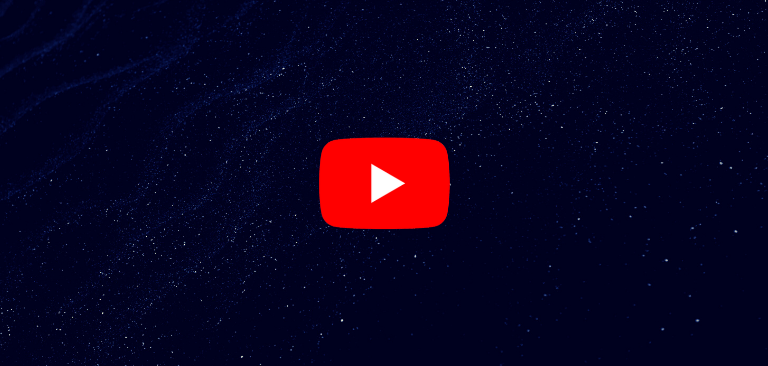Judging by the real, or perceived, onslaught that the US Communications Decency Act (CDA) Section 230 has been under as of late, this provision, once touted as the legal foundation that allowed the internet to develop into what we know it to be today – may not be long for this world.
The law was passed in 1996 to regulate an entirely different, emerging online public square, and economy – but now, almost 25 years later, it’s being challenged.
Conservatives have long tried to chip away at the inscrutable language of the act that at once (with no apparent foresight into what powerful global digital public squares they would eventually become) shielded tech platforms from liability of user-generated, third party content – and allowed them to “editorialize” this content without much repercussion, as these platforms inflicting serious censorship – critics say. And more left-wing politicians also want it gone.
These claims of censorship are direct and obvious as they concerns banned channel and accounts, deleted posts and deplatformed content creators.
Otherwise, as this lawsuit shows, the option is to sue YouTube and its owner, Google (aka, Alphabet) for applying algorithms such as those said to be restricting videos with “Black Lives Matter,” “BLM,” “KKK,” “racial profiling,” “police shooting,” “Bill Cosby,” and, “Louis Farrakhan” tags.
This is also censorship, four black YouTube creators have said in their lawsuit filed in California – apparently in the hope of challenging the way in which YouTube is employing “artificial intelligence, algorithms, and other filtering tools” – specifically, in its “Restricted Mode.”
We obtained a copy of the surprisingly long-winded lawsuit for you here.
According to Google Restricted Mode is optional – a setting users can turn on while using YouTube “to help screen out potentially mature content that you may prefer not to see or don’t want others using your device to see.”
Nevertheless, this lawsuit that seems to have eradicating “digital racism” as its goal, is working to undermine none less than Section 230.
It seems like making that conclusion could be quite a leap. In our opinion, this is another lawsuit that’s going to go nowhere. A similar lawsuit from PragerU was rejected on the grounds that YouTube is a private company that doesn’t have to adhere to US Constitution’s First Amendment, and of course that YouTube has Section 230 protections. Interestingly though, this new lawsuit does at least try to mix it up a little in its approach, questionably suggesting that there’s some discrepancy as to whether Section 230 will “immunize defendants from race, personal identity, or viewpoint discrimination.”













